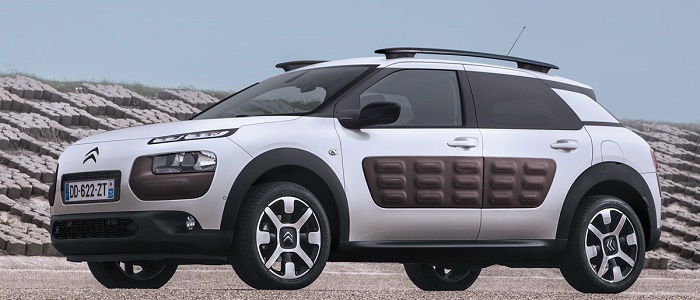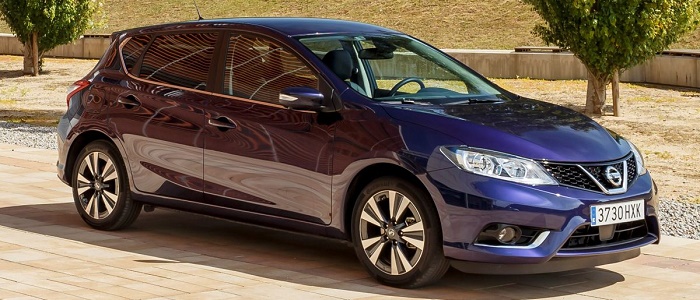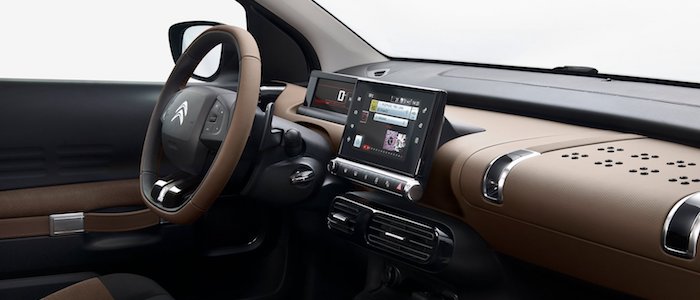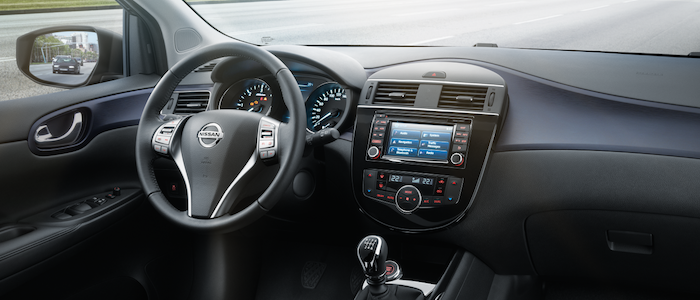Compare two cars
Compare any two cars and get our Virtual Adviser™ opinion
Dimensons & Outlines
Check vehicle history
Engine
1.5 dCi K9K 865
Performance (manual gearbox)
Performance (automatic gearbox)
Expenses
Virtual Adviser's™ opinion
We are here considering two somewhat similar cars, but we can't deny some of the obvious differences. For a start, they are not even classified under the same segment, with the Citroen being a suv and the Nissan representing small family car vehicle class. The first one has a Peugeot-engineered powertrain under the hood, a 4-cylinder, 8-valves 92hp unit, while the other one gets its power and torque from a 4-cylinder, 8-valves 110hp engine designed by Renault.
SafetyA starting point here would be to take a look at the results from European New Car Assessment Programme (Euro NCAP) tests which were performed on both of the cars, with the Nissan being a slightly better choice apparently. That aside, let's consider some other aspects which affect safety. The first vehicle is a suv which already provides a serious advantage over the small family car competitor, at least that's what statistics show.
ReliabilityReliability is not the best thing to consider on the make level, but it is worth mentioning that Nissan does have a slight advantage, when all the models are taken into account. These are the official statistics, while our visitors describe reliability of Citroen with an average rating of 4.0, and models under the Nissan badge with 4.3 out of 5. Independent research findings rank C4 Cactus as average reliability-wise, and Pulsar is more or less at the same level.That apart, owners of different cars powered by the same engine as the French car rank it on average as 4.2, while the one under the competitor's bonnet gets 4.3 out of 5.
Performance & Fuel economyThere's not enough data for me to elaborate on the subject, I'm affraid.
Verdict
Nissan appears just a bit more reliable, although the difference is truly marginal. The most important thing when deciding between any two vehicles should always be safety, both passive and active. In this case though, it seems that both cars show similar levels of passenger protection all together, so that won't break a tie. When it comes to performance, both vehicles provide similar experience, so I wouldn't point any of them out. Fuel consumption is more or less the same. At the end, as much as I'd like to give you a winner here, it's simply a pure tie if you ask me. Nevertheless, let's not forget that people have different preferences and needs, so what really counts is your personal feel. I'm only here to help. Also, you could use the oportunity to find out which car, everything taken into account, would be the perfect choice for you in the eyes of the virtual adviser™, among more than 12.000 different ones in our database.



































